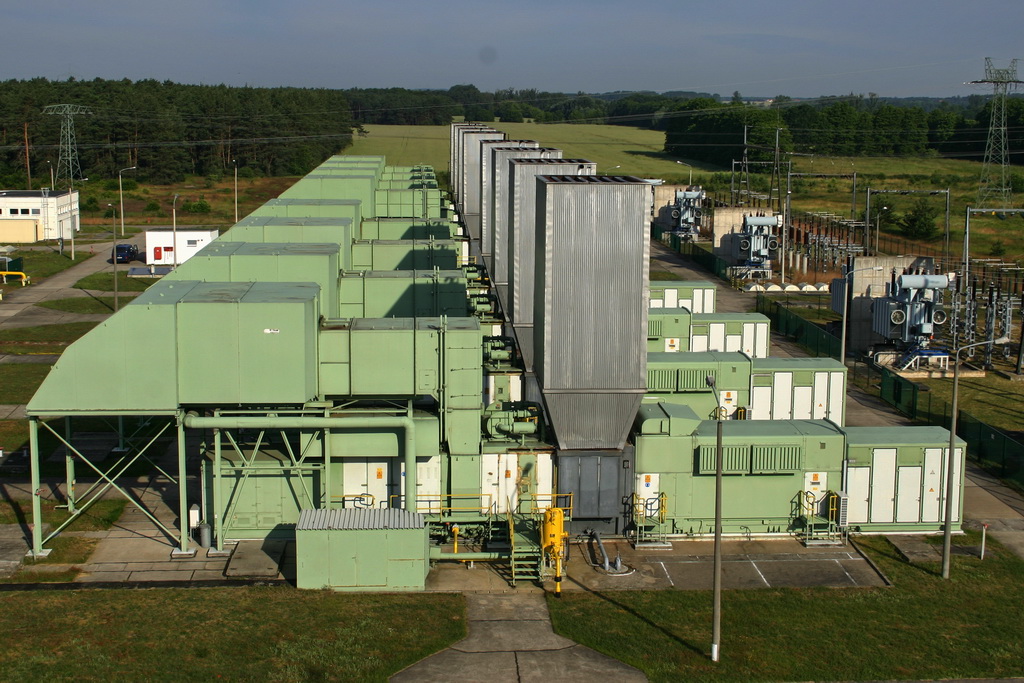After Bulgaria and Poland, Russia has also stopped gas deliveries to Finland because these countries were not prepared to pay for the deliveries in roubles. Germany, too, refuses to pay in roubles, so there is a threat that deliveries will be stopped overnight. If this happens, Economics Minister Habeck wants to shut down the gas-fired power plants in order to conserve resources. In exchange, more coal-fired power plants from the reserve are to be reconnected to the grid.
What happens when Russia cuts off gas supplies
Russia is still supplying gas to Germany, but no one can say for how much longer. But it would be reckless to rely on this remaining the case. That is why the Ministry of Economics is working on solutions for this scenario. One measure in the event of a gas stop has now become known through insiders. The cessation of gas power generation. Instead, power plants that have already been approved for shutdown are to generate electricity from oil, lignite and hard coal again.

Image: Jochen Burgstaller, CC BY-SA 3.0, via Wikimedia Commons
Gas-fired power plants to be taken off the grid in the event of a Russian supply freeze
Even though it has been possible to reduce the share of Russian gas to 35 per cent from 55 per cent, the effects of a supply stop would be fatal. Industry would have to stop large parts of production and in winter there would not be enough gas for heating. Therefore, the gas-fired power plants should be shut down. Habeck wants to issue a decree obliging the operators of hard coal plants with a capacity of 4.3 gigawatts and oil-fired power plants with a capacity of 1.6 gigawatts to step in to secure the electricity supply in this case.
Coal-fired power plants approved for shutdown to remain operational
From autumn this year and in 2023, power plants with a total capacity of 2.6 gigawatts will go off the grid according to the plan of the Federal Network Agency. These power plants are now obliged by regulation to be operational and to keep enough fuel on hand in case of an emergency. In an emergency, they should be able to step in from one day to the next.
Reserve power plants should remain in the safety reserve longer and be ready for operation again more quickly
But lignite-fired power plants that have already been shut down and are in the safety reserve are also to remain in the safety reserve longer than planned. In addition, these power plants are to be restarted more quickly than the previously prescribed ten days. This measure enables access to a further 1.9 GW. The regulation affects a total of 21 oil and coal-fired power plants and five lignite-fired power plants with a total capacity of 10 gigawatts. This is offset by a reduction in gas consumption of about 10 percent due to the shutdown of the gas-fired power plants.
Measures will push electricity prices up even further
However, keeping coal-fired power plants running so that they can feed electricity into the grid overnight is a very expensive business. This is because these power plants are under steam and the generators run at full speed without generating electricity. This means that the operator of such a power plant has almost the entire operating costs, but no income. Of course, the operator is compensated for the costs, and this in turn is done through the electricity price. In the same way, when gas-fired power plants are shut down, the operators are compensated for the electricity they could have generated if they had not been obliged to shut them down. These costs, too, are ultimately passed on to the electricity price.
Climate targets no longer achievable in the event of a supply freeze
However, Habeck’s strategy is counterproductive for achieving the German climate goals, which are already difficult to achieve without the coal-fired power plants. The gas-fired power plants were built precisely for this purpose. A strategy that has already failed after half a year.
